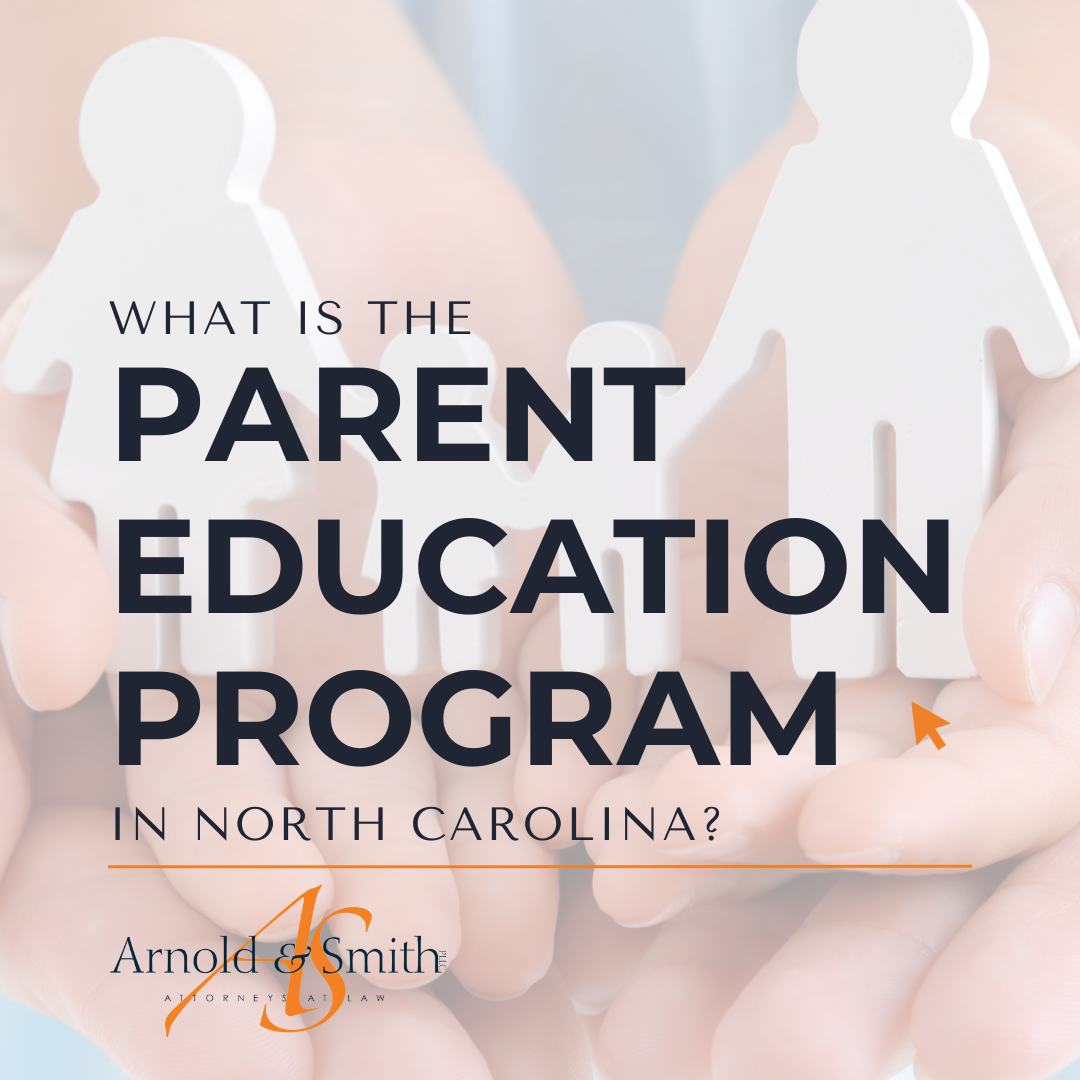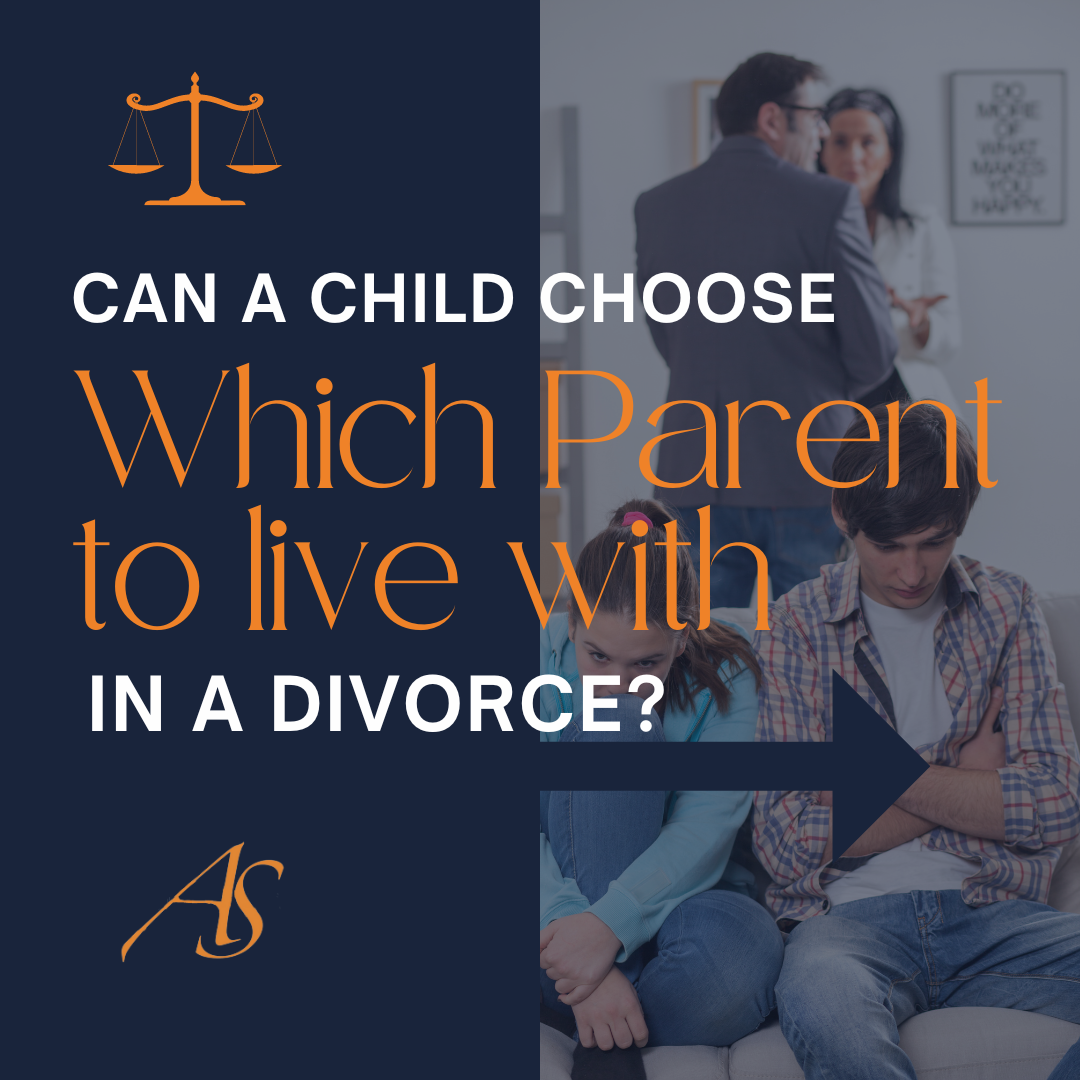 Getting Separated in North Carolina
Getting Separated in North Carolina
Nobody gets married with the intention of getting divorced. Sometimes, however, a marriage just does not work out, and the best thing for both parties is to separate. While divorce is a way to end a marriage, a couple may choose to separate instead. A separation may allow you to resolve settlement issues as you prepare to end your union. There are a few things to know about separation in North Carolina. A knowledgeable Charlotte divorce attorney will help you through the process.
Separation
 Charlotte Divorce Lawyer Blog
Charlotte Divorce Lawyer Blog










